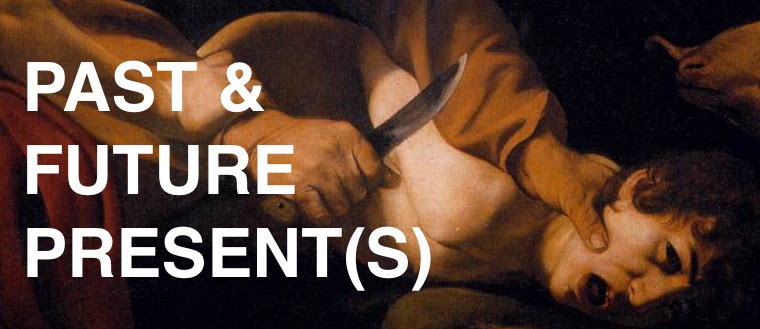I met you in al-Zīb: a shattered gravestone,
coffee kettles,
mud storage bins,
cooking vessels,
stone basins for kubbeh,
a grandfather's cane hanging,
crucified threshing sledges
and a skull in a cage.
Dates once inscribed on the buildings
are still fresh in my memory
speaking to me,
its voice not hoarsened.
 |
| al-Zīb |
Erased from the powerful maps of the world, Palestine was sheltered by the memory of its poets. Outside the map and without one, Palestinians took poetry with them wherever they went. Palestinian poets remembered the lost homeland in the lost homeland itself, in refugee camps, in prisons, and later on in the lands Israel further occupied in 1967, in cities throughout the Arab world and in many other places beyond it.
From: Khaled Furani, Silencing the Sea: Secular Rhythms in Palestinian Poetry (Stanford: Stanford University Press, 2012)
 |
| Suhmata |
The basic facts of Suhmata are these: in 1922 the village had a population of 632, which by 1931 had become 796 and by 1945 had grown to 1,130. Suhmata's population in 1948 was approximately 1,350 to 1,400, of which fifty to sixty were Christians and the rest were Muslims. Suhmata's Christian community (at most, four extended families) belonged to the Greek Catholic Church, the largest in the Galilee villages. Church endowments included a church and some olive groves, but members of the Christians community also owned large tracks of land in and around the village.
Despite the small size of its Christian community, Suhmata's mukhtar (the village headman, officially appointed and community approved) was a Christian. His name was Jiryis Kaysar Sim'an. The story of this mukhtar whose father occupied the position before him and who continued in this role in exile in Lebanon is, according to the oral testimony of the displaced villages, he chose to leave with his community, which settled in the refugee camps of Lebanon. He preferred to share the fate of those who had become refugees, living the wretched life of the camps in exile. When Greek Catholic Archbishop Maximos Hakim offered in 1948 to use his influence to try and repatriate Sim'an and his family to Israel, Sim'an declined the favor unless it included all Suhmatans in exile. He lived the rest of his life with his community.
The identity of the Suhmatans is nourished by such stories, recounted by both Muslim Suhmatans now residing in the wider exile of the Arab world and Christian Suhmatans in internal exile within Israel. Visions of a cohesive, loving, and cooperative community are depicted and praised:
We were all Suhmatans, living a harmonious life, no difference between Muslim and Christian. We celebrated the happy and the sad events with each other. My friends came from both sects with no conscious differentiation. (Author interview with W., 26 August 2000)
The people of Suhmata lived like two locked hands [shows to interlocked fists]: united, respectful, and loving. For weddings, a Muslim would take a Christian as his best man and vice versa. (Author interview with N.S., 25 August 2000)
I welcome all Suhmatans, Christians, and Muslims. We still hold a long history in common. (Author interview with M.K., 28 October 2000)
From: May Seikaly, "Excavating Memory: Oral History and the Case of Suhmata," in Camille Mansour and Leila Fawaz, eds. Transformed Landscapes: Essays on Palestine and the Middle East in Honor of Walid Khalidi (Cairo: The American University in Cairo Press, 2009)




.JPG)



.jpg)




